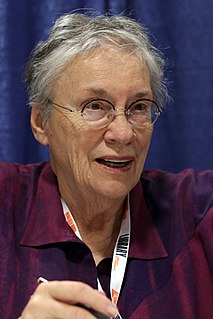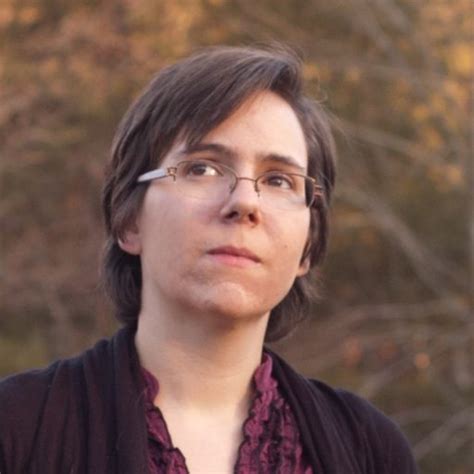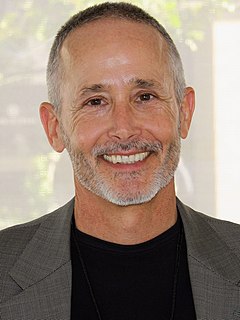A Quote by Rose Tremain
Forget the boring old dictum, 'Write about what you know.' Instead, seek out an unknown yet knowable area of experience that's going to enhance your understanding of the world and write about that.
Related Quotes
People write about getting sick, they write about tummy trouble, they write about having to wait for a bus. They write about waiting. They write three pages about how long it took them to get a visa. I'm not interested in the boring parts. Everyone has tummy trouble. Everyone waits in line. I don't want to hear about it.
For me writing is a long, hard, painful process, but it is addictive, a pleasure that I seek out actively. My advice to young writers is this: Read a lot. Read to find out what past writers have done. Then write about what you know. Write about your school, your class, about your teachers, your family. That's what I did. Each writer must find his or her own kind of voice. Finally, you have to keep on writing.
What I find to be very bad advice is the snappy little sentence, 'Write what you know.' It is the most tiresome and stupid advice that could possibly be given. If we write simply about what we know we never grow. We don't develop any facility for languages, or an interest in others, or a desire to travel and explore and face experience head-on. We just coil tighter and tighter into our boring little selves. What one should write about is what interests one.
I write about the power of trying, because I want to be okay with failing. I write about generosity because I battle selfishness. I write about joy because I know sorrow. I write about faith because I almost lost mine, and I know what it is to be broken and in need of redemption. I write about gratitude because I am thankful - for all of it.
There's a lot of material from my life in my books, but they're not really autobiographical, in the sense that they're not about my life. So, in 'A Feather on the Breath of God' I write about my parents, I write about this Russian immigrant, I write about the world of dance, but it isn't an autobiography; so much is left out.
Not write what you know, but know what you write. If you write about a world before, after, or other than this one, enter that world completely. Search it to find your deepest longings and most terrible fears. Let imagination carry you as far as it may, as long as you recount the voyage with excitement and wonder. But this is the most important rule: write the book you most long to read.
There's no reason why you can't say "August Wilson, playwright" even though all of my work, every single play, is about black Americans, about black American culture, about the black experience in America. I write about the black experience of men, or I write about black folks. That's who I am. In the same manner that Chekhov wrote about the Russians, I write about blacks. I couldn't do anything else. I wouldn't do anything else.
All writers write about themselves, just as the old storytellers chose to tell stories that spoke to and about themselves. They call it the world, but it is themselves they portray. The world of which they write is like a mirror that reflects the inside of their hearts, often more truly than they know.







































